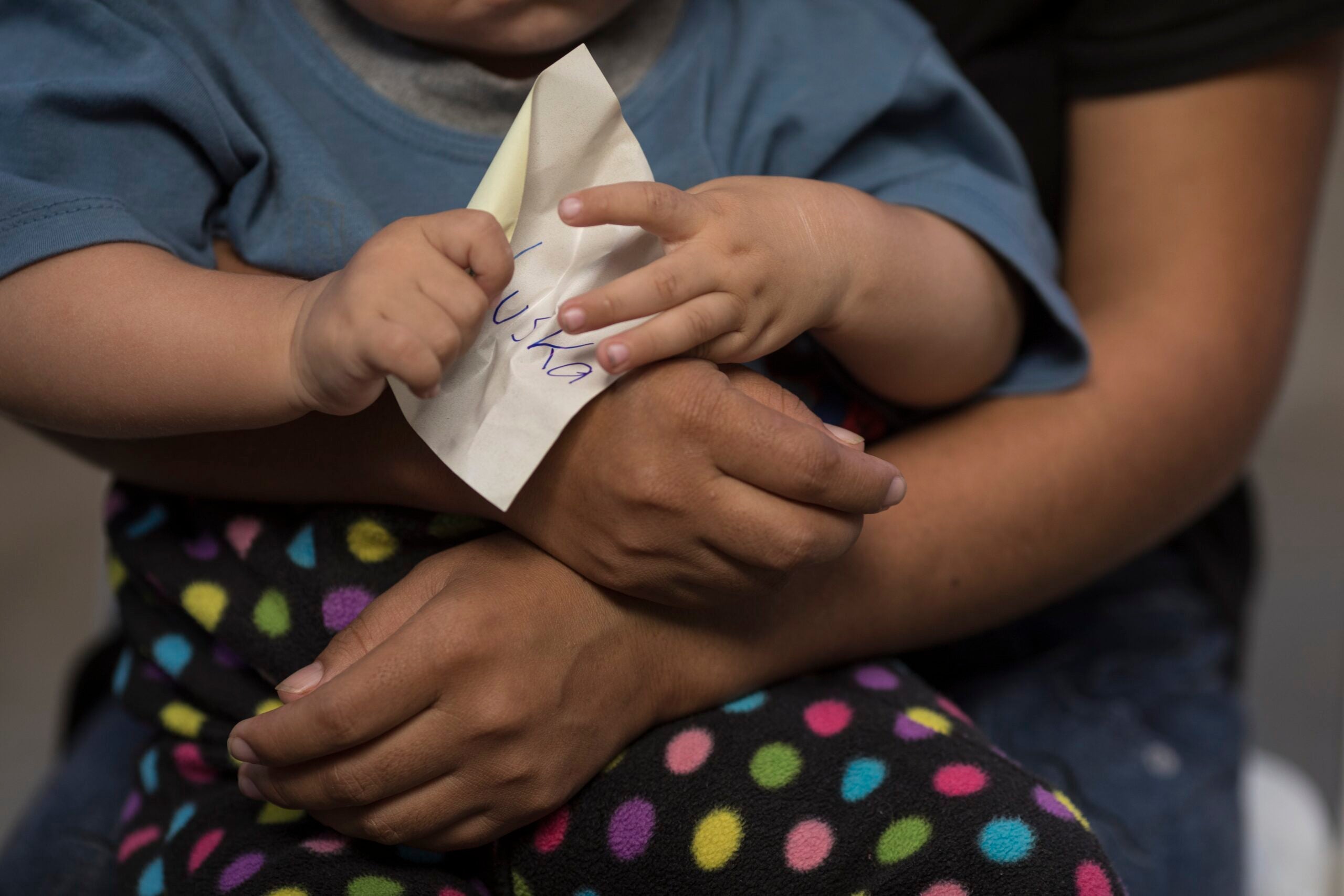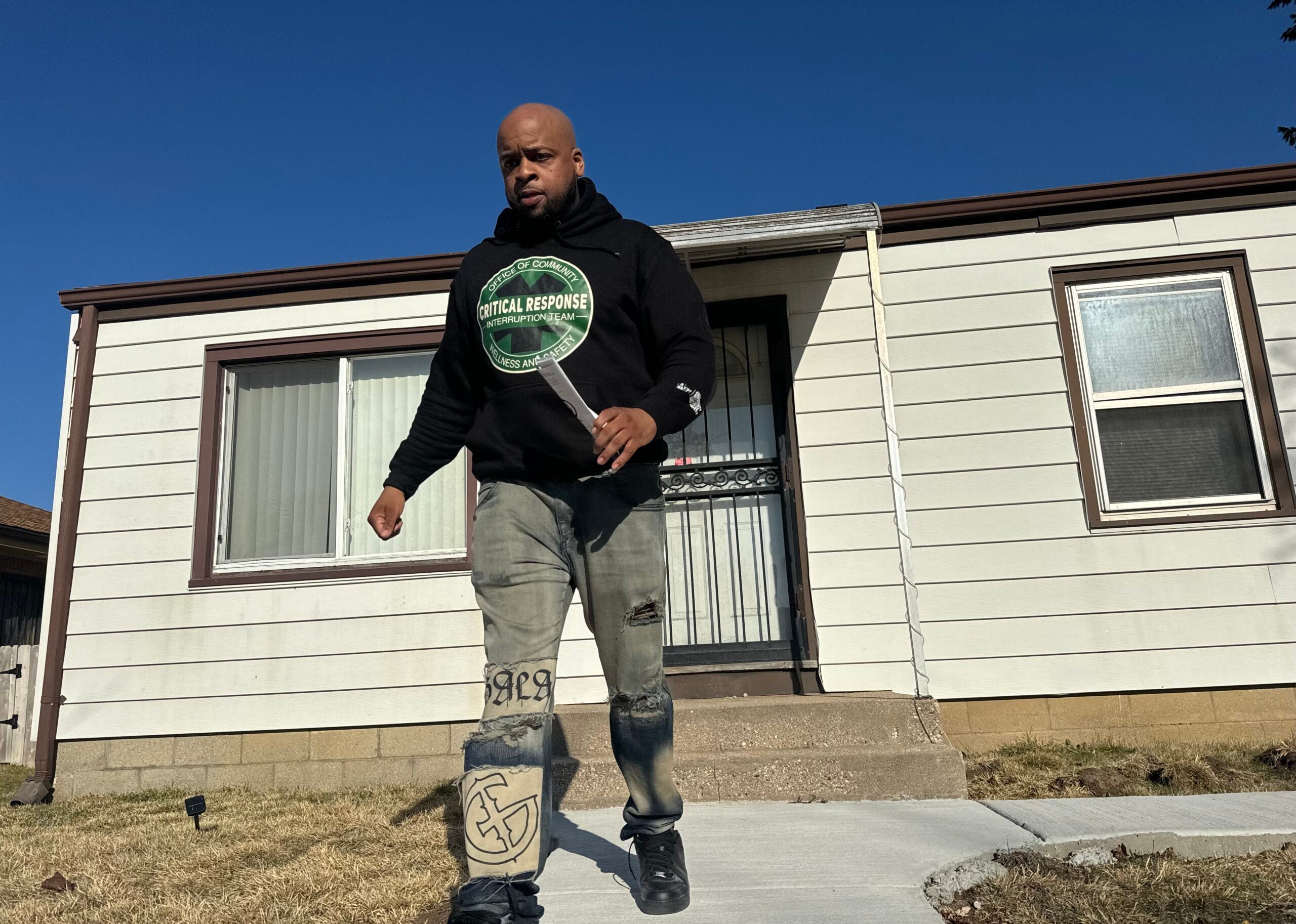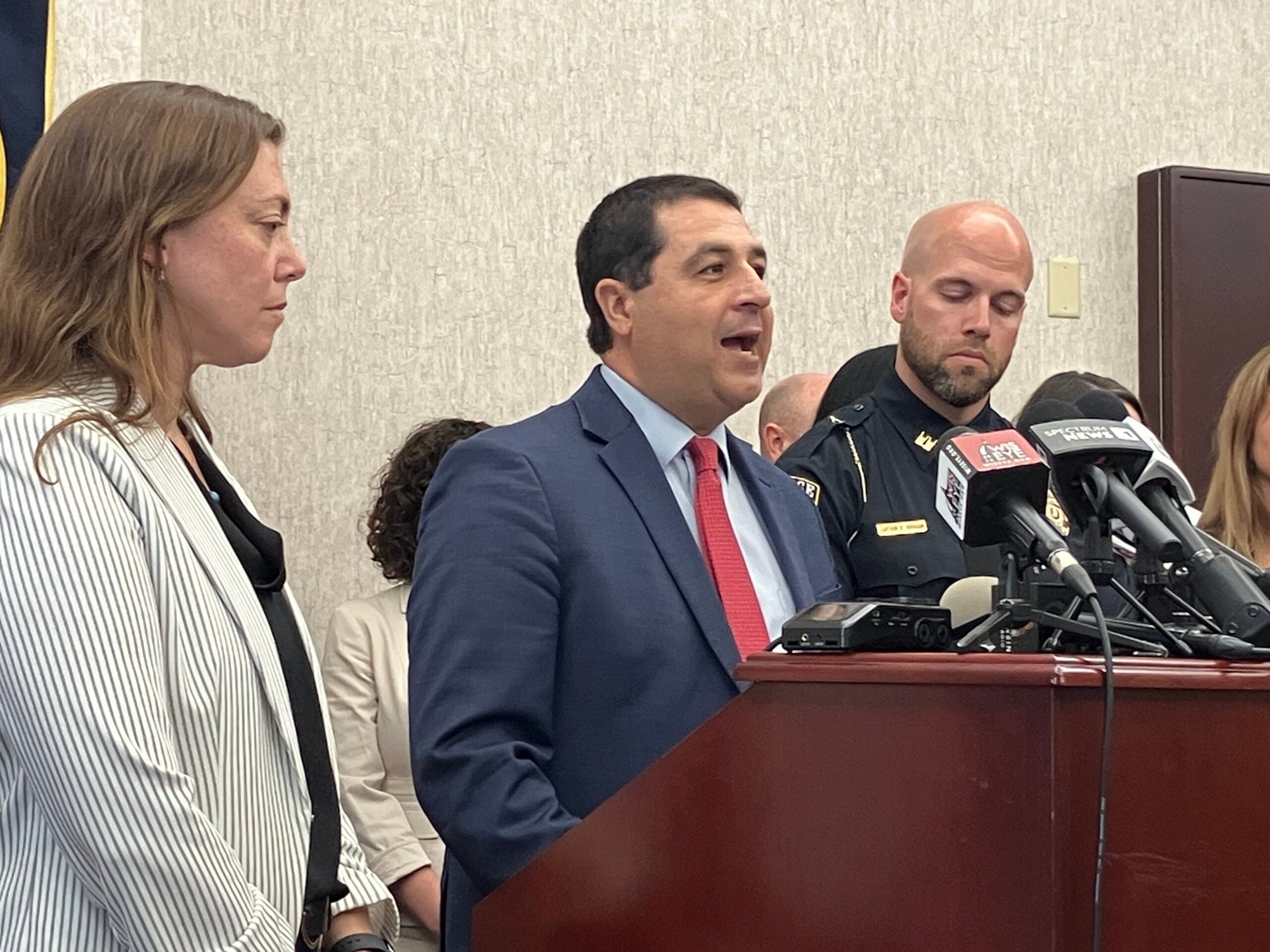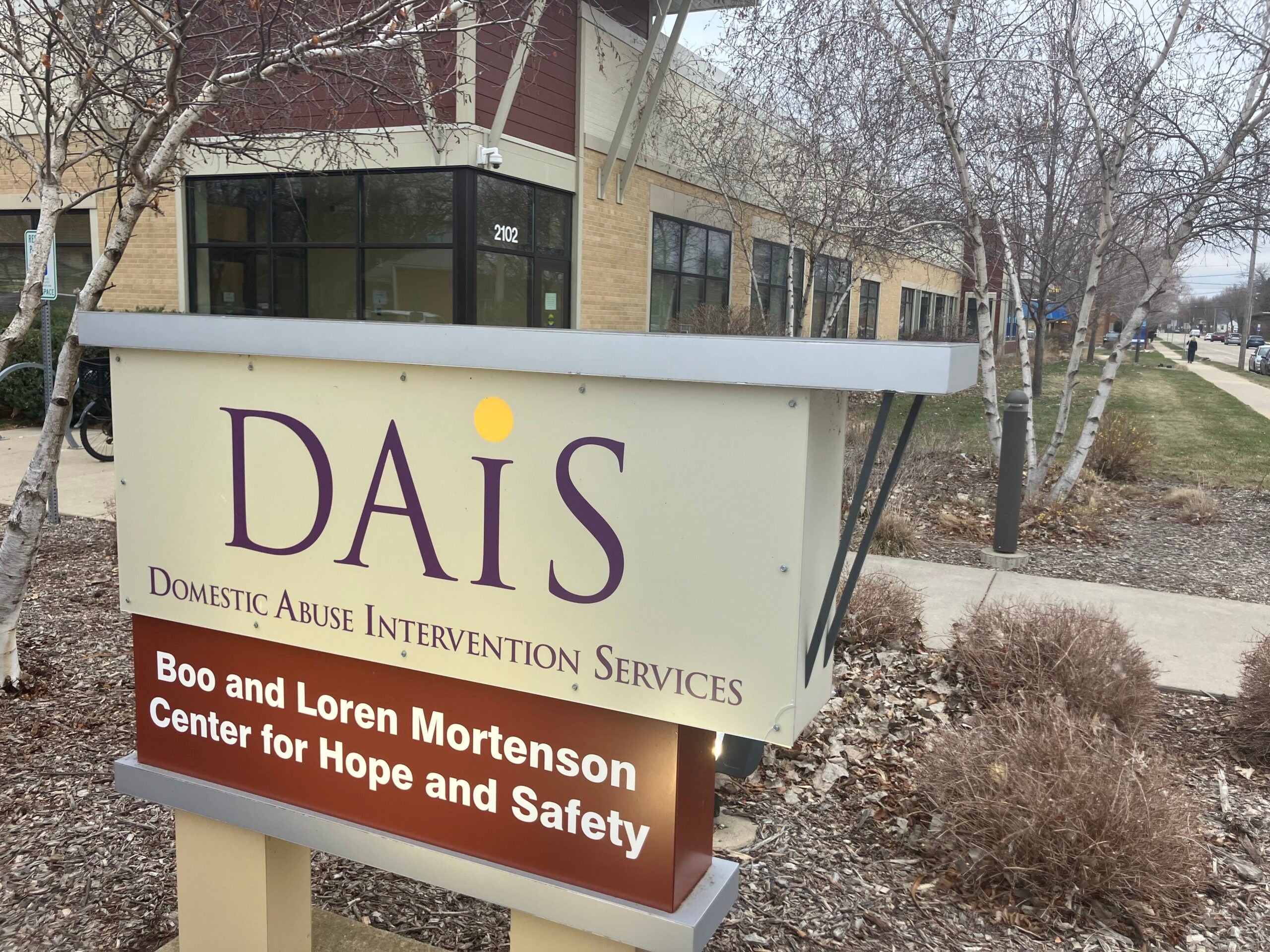Organizations supporting victims of domestic abuse and other types of violence applauded the state Legislature for taking action to replace declining federal funding.
The state Senate passed legislation on Tuesday that would provide $10 million to the state Department of Justice for grants to child advocacy centers and organizations serving survivors of sexual assault.
The bill came as a response to a reduction in federal funding through the federal Victims of Crime Act, or VOCA, coming this fall. VOCA grants are funded through the Crime Victims Fund which is financed through federal fines and fees paid by people convicted of a crime. But that fund has been shrinking over the last several years.
News with a little more humanity
WPR’s “Wisconsin Today” newsletter keeps you connected to the state you love without feeling overwhelmed. No paywall. No agenda. No corporate filter.
In the past, Wisconsin has received around $44.5 million annually for VOCA grants. But starting Oct. 1, the state is expected to get roughly $13 million.
Jenna Gormal, public policy director for End Domestic Abuse Wisconsin, said the new funding, combined with $20 million in federal American Rescue Plan Act funding that Gov. Tony Evers allocated in 2021, will offset most of the cut.
Gormal said organizations helping survivors were ecstatic to see a unanimous vote in both the state Senate and Assembly.
“That’s an incredible legislative win, and we’re excited for the positive impact that that will have,” she said.
The bill, which now heads to Evers’ desk for signing, will provide $6.4 million in grants for sexual assault victim services and $2.4 million in grants for domestic abuse victims in the current biennial budget.
It also allocates $1.2 million specifically for child advocacy centers in the state. These organizations allow law enforcement, child protective services and medical providers to coordinate their response to children who are victims of abuse or neglect through forensic interviews and often medical care.
“Every additional dollar that we’re going to receive through this bill hopefully means another child is able to get through the doors of a CAC,” said Amanda Didier, executive director of the Lakeshore Regional Child Advocacy Center in eastern Wisconsin.
Didier said the biggest cost for centers like hers are paying qualified staff. Of her organization’s five employees, she said two are full-time forensic interviewers. But Didier said it’s not enough to keep up with the increased occurrence of severe physical abuse that child advocacy centers are seeing across the state, especially in young children.
“In February, I did 16 forensic interviews myself,” she said. “We’re all stretched pretty thin, and we’re doing our best to not say no to any child who is at our doorstep needing services.”
Gormal said organizations serving domestic abuse survivors are seeing the same increase in violence each year, with the number of domestic violence-related deaths hitting an all time in 2022. She said advocates have been calling on the state to provide more funding for services before federal VOCA funds started to decline.
“The static nature of that funding has really been a barrier to expanding programming and to ensuring that we have enough services to meet the needs in our state,” she said.
While the one-time funding provided by the state Legislature will help maintain services, Gormal said she hopes to see Wisconsin lawmakers make new investments for victim services at the state level to protect programs against future volatility in VOCA funds.
Wisconsin Public Radio, © Copyright 2025, Board of Regents of the University of Wisconsin System and Wisconsin Educational Communications Board.






